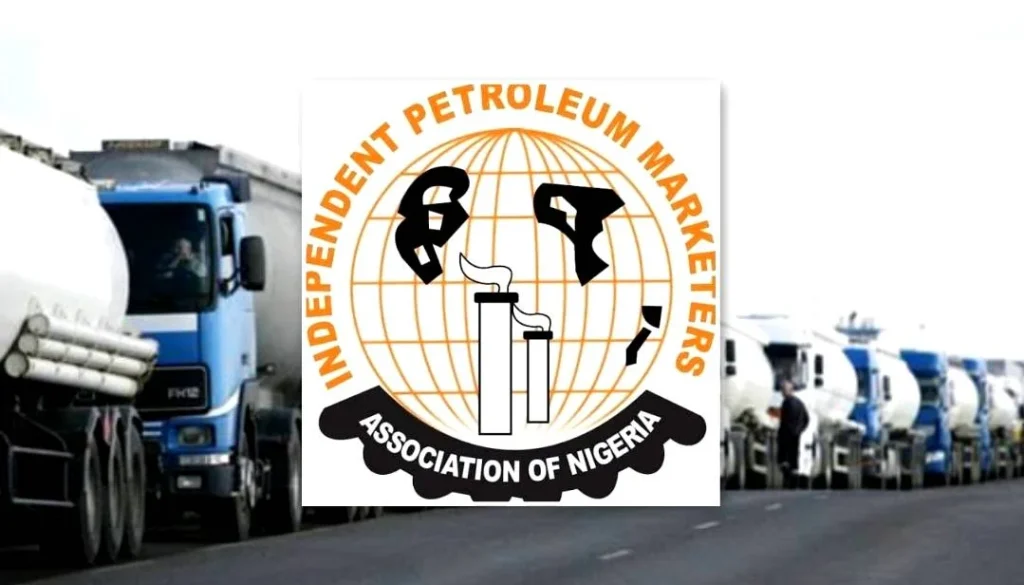The Independent Petroleum Marketers Association of Nigeria (IPMAN) has raised hopes for an end to the persistent fuel supply challenges plaguing the country, attributing the ongoing crisis in Premium Motor Spirit (PMS) distribution to artificial scarcity. In a statement on January 16, 2023, IPMAN President Chinedu Okoronkwo outlined measures to stabilize fuel supply and pricing, urging marketers to adhere to regulated prices as new agreements with the Nigerian National Petroleum Company Limited (NNPCL) take effect.
Addressing Artificial Scarcity and Price Hikes
Okoronkwo attributed current high fuel prices, ranging from N220 to N260 per liter at some independent marketers’ stations, to the sale of old stock purchased before recent agreements with NNPCL. He emphasized that the distribution issues have been resolved, assuring Nigerians that marketers will soon sell PMS at the regulated price of N169 to N170 per liter once new supplies are fully distributed. “The situation is a case of surge whereby subsequently it will gradually stabilize,” Okoronkwo stated, noting that IPMAN members have begun receiving products from NNPCL.
The IPMAN president explained that the supply chain is improving incrementally, with fewer stations experiencing shortages. “If over 1,000 stations are not getting products and it gradually reduces to 500, the market, of necessity, will find itself,” he said. This phased approach aims to ensure equitable distribution across Nigeria’s vast network of filling stations, addressing the artificial scarcity that has driven prices above regulated levels.
Refineries as a Game-Changer
Okoronkwo expressed optimism that Nigeria’s fuel crisis will soon be a thing of the past, pointing to the revitalization of NNPCL’s refineries and the anticipated launch of the Dangote Refinery in 2023. The NNPCL’s Port Harcourt refinery, set to serve as a key hub, is expected to bolster domestic supply, reducing reliance on imported fuel. “The sufficiency of NNPCL will be enough for the country,” he noted, adding that the Dangote Refinery, with its 650,000 barrels-per-day capacity, will further alleviate supply constraints once operational.
The Dangote Refinery, poised to be Africa’s largest, is expected to meet Nigeria’s daily PMS consumption of approximately 40 million liters, potentially transforming the country into a net exporter of petroleum products. This development aligns with government efforts to address long-standing challenges in the downstream sector, including fuel scarcity and price volatility.
Economic Context and Challenges
The fuel crisis comes amid Nigeria’s broader economic difficulties, with inflation at 21.09% and the naira depreciating to ₦450 per US dollar in January 2023. The high cost of imported fuel, exacerbated by global oil price fluctuations following the Russia-Ukraine conflict, has strained consumers and businesses. IPMAN’s assurance of stabilized supply and pricing offers hope, but the success of these measures depends on effective distribution and the operational readiness of domestic refineries.
Okoronkwo urged marketers to refrain from profiteering, emphasizing that adherence to regulated prices is critical for consumer relief. The NNPCL’s role in streamlining supply chains and the anticipated contributions from the Dangote Refinery are seen as pivotal steps toward ending the cycle of fuel shortages that have plagued Nigeria for decades.
A Path to Stability
IPMAN’s confidence in resolving the fuel supply crisis reflects a turning point for Nigeria’s petroleum sector. With new agreements ensuring steady supply from NNPCL and the promise of increased domestic refining capacity, 2023 could mark the beginning of a more stable and affordable fuel market. As the country navigates economic challenges, including negotiations for a $7 billion IMF loan, these developments are crucial for easing the burden on consumers and fostering economic resilience.






